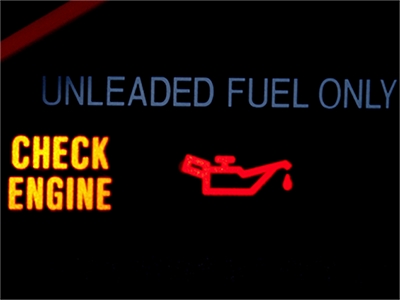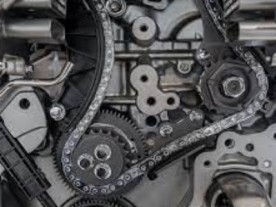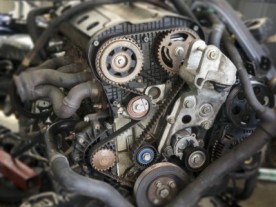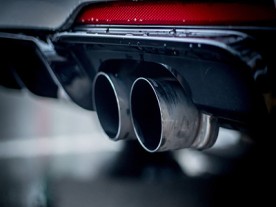Choosing the Right Fuel Pump: Understanding Flow Rate, Pressure, and Power Requirements
When it comes to selecting a fuel pump, several performance parameters need to be considered. The flow rate, pressure, and power requirements are crucial factors that determine the suitability of a fuel pump for a specific application.
Flow Rate:
The flow rate of a fuel pump refers to the volume of fuel it can deliver per unit of time. It is typically measured in liters per hour (L/h) or liters per minute (L/min). Different engine types and fuel systems require varying fuel flow rates. For instance, high-performance engines often demand a higher fuel supply to meet their increased power output. Therefore, when selecting a fuel pump, it is essential to determine the required flow rate range based on the specific engine's needs.
Pressure:
Fuel pump pressure refers to the pressure generated during fuel delivery. It is usually measured in bars (Bar) or pascals (Pa). Different fuel systems and engines have distinct fuel pressure requirements. For example, direct-injection gasoline engines typically require higher pressures to ensure efficient fuel injection into the combustion chamber. Therefore, when choosing a fuel pump, it is necessary to ensure that it can provide the required operating pressure and comply with the specifications outlined by the engine manufacturer.

Power Requirements:
The power requirements of a fuel pump refer to the energy input needed to transfer fuel. It is typically measured in kilowatts (kW) or horsepower (HP). The power requirement depends on the design and performance of the fuel pump, as well as the desired flow rate and pressure. High-power fuel pumps are commonly used in high-performance engines or specialized applications, while lower-power fuel pumps are suitable for economy or small-sized vehicles. When selecting a fuel pump, it is crucial to determine the appropriate power range based on the specific engine specifications and fuel system requirements.
In practical applications, choosing the right fuel pump requires a comprehensive consideration of flow rate, pressure, and power requirements to ensure it meets the needs of the specific application. Additionally, compatibility with other fuel system components such as fuel filters and injectors should be taken into account to ensure the entire system operates in harmony. It is advisable to consult the specifications and recommendations provided by the vehicle manufacturer or seek advice from professionals to obtain accurate performance parameter requirements and select the correct fuel pump for the intended application.













